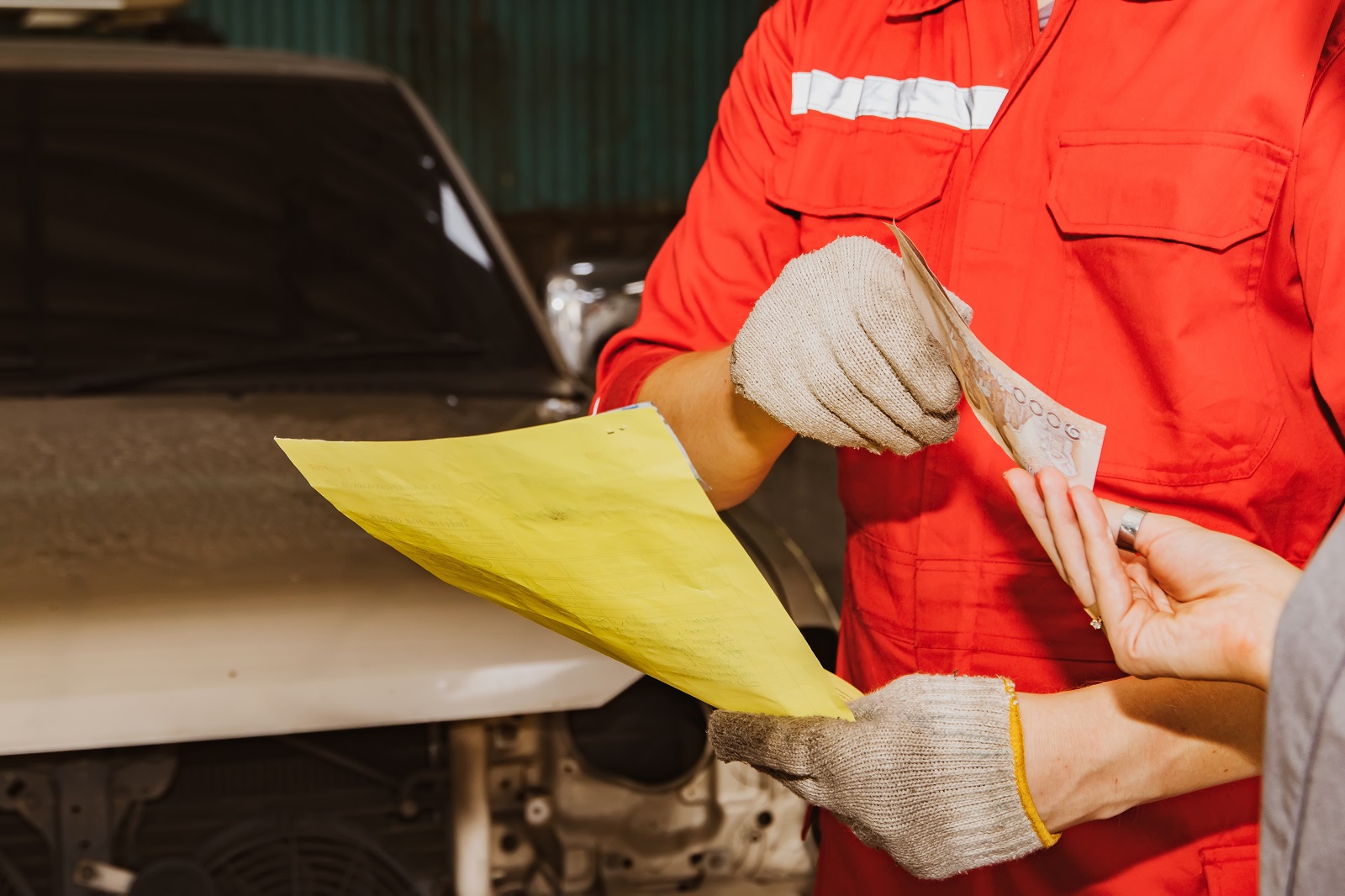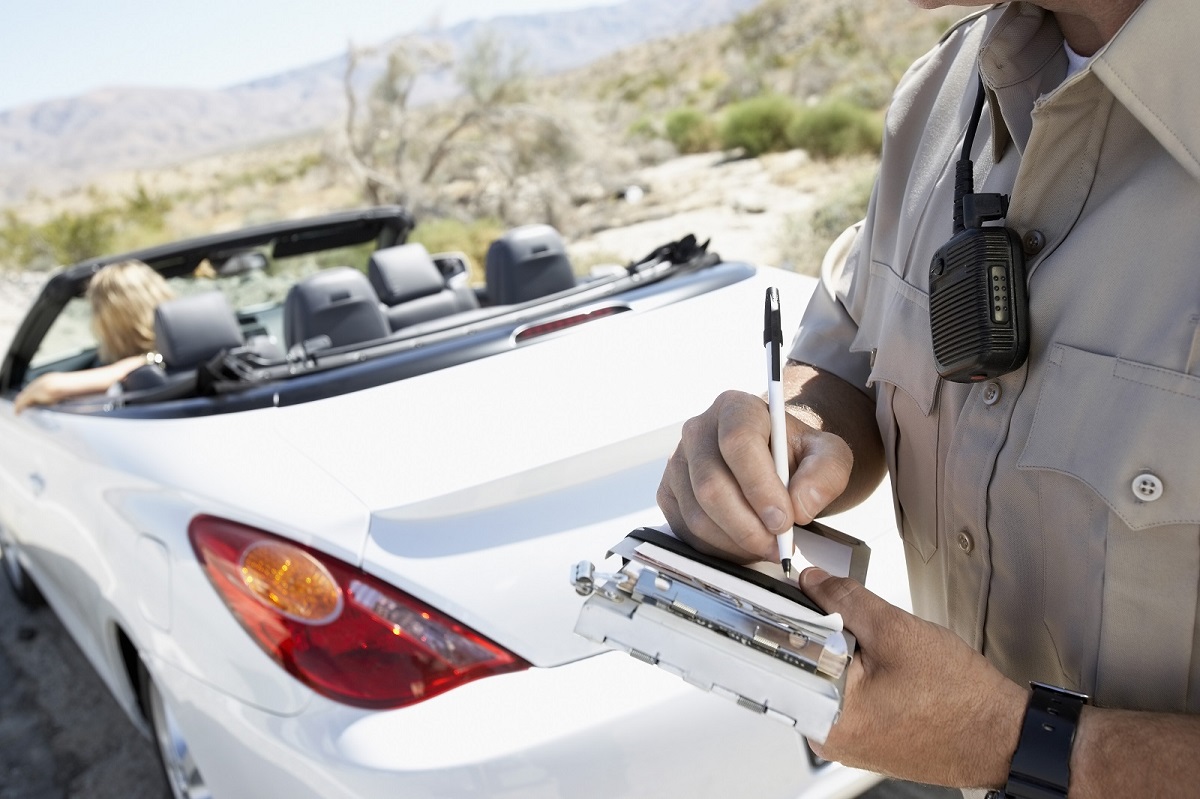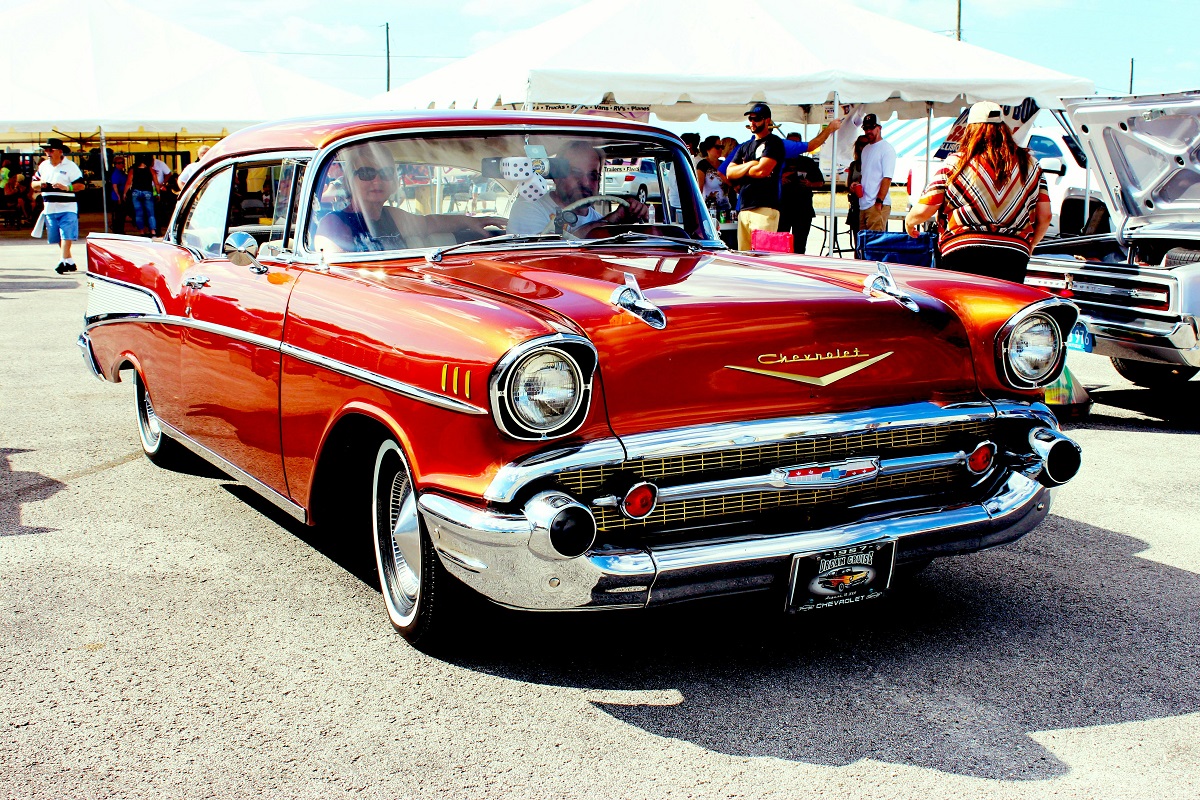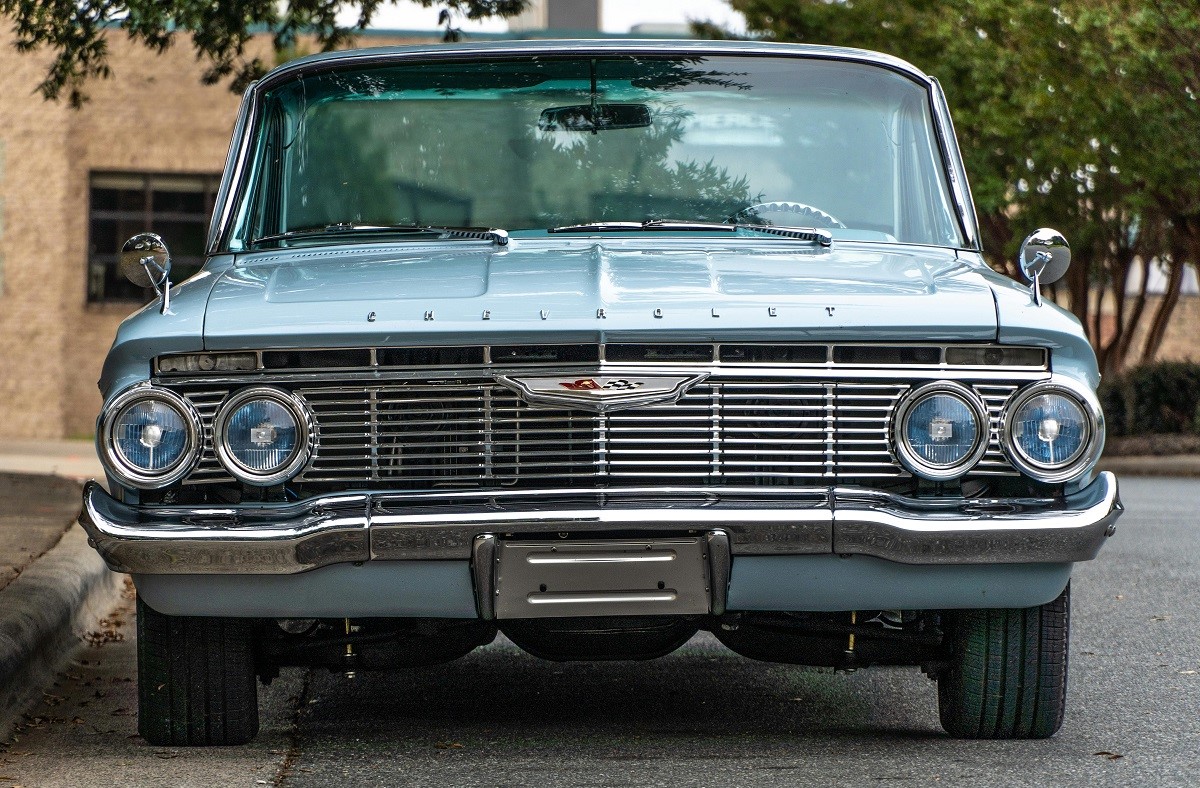Buying a car can be an exciting yet overwhelming experience, especially when you start to uncover the hidden fees that dealers don’t always advertise up front. What exactly are you paying for, and how can you avoid these sneaky charges?
1. Documentation Fees

Image Credit: Shutterstock / fizkes
Documentation fees are charged for preparing the paperwork needed to complete your vehicle purchase. These fees can range from $200 to over $600, depending on the dealership. Many buyers are surprised to find out that these fees are often negotiable and can be waived or reduced.
2. Dealer Preparation Fees

Image Credit: Shutterstock / Hryshchyshen Serhii
Also known as “dealer prep” fees, these charges are for getting the vehicle ready for sale, such as washing and detailing. They typically cost between $300 and $800. This fee is often included in the final price of the vehicle, but it’s a charge that some dealers add on top of the agreed-upon price.
3. Advertising Fees

Image Credit: Shutterstock / Aleksandar Karanov
Dealers may include a fee to cover the cost of advertising the vehicle, which can range from $100 to $500. This fee is meant to cover the dealer’s cost of marketing the car but doesn’t always correlate with any actual advertising costs incurred by the dealership.
4. Destination Charges

Image Credit: Shutterstock / Aleksandar Malivuk
Destination charges cover the cost of transporting the car from the manufacturer to the dealership. These fees are legitimate and typically range from $900 to $1,500. However, they should be disclosed upfront and are often included in the vehicle’s MSRP.
5. Service Fees

Image Credit: Shutterstock / Prostock-studio
Some dealerships charge a “service fee” for services like preparing the car for sale or for general administrative tasks. These fees can be around $100 to $500. They are often lumped in with other dealer fees and can sometimes be negotiated.
6. Market Adjustment Fees

Image Credit: Shutterstock / SaiArLawKa2
Market adjustment fees are added to the price of a vehicle based on current market conditions, such as high demand or low inventory. These fees can range from $500 to several thousand dollars and are intended to adjust the price above the MSRP. They are especially common with high-demand models.
7. Extended Warranty Fees

Image Credit: Shutterstock / Dusan Petkovic
Dealers might offer extended warranties or service contracts, which can add several thousand dollars to the total cost of the car. While these warranties can provide added peace of mind, it’s important to review the terms carefully and shop around for the best coverage and price.
8. VIN Etching Fees

Image Credit: Shutterstock / chalermphon_tiam
Some dealers charge a fee for VIN etching, a process where your car’s VIN is etched onto the windows to deter theft. This fee can be between $100 and $200. While it may offer some security benefits, it’s often a service that can be done independently at a lower cost.
9. Loan Processing Fees

Image Credit: Shutterstock / goodluz
If you’re financing through the dealership, you might encounter loan processing fees, which can range from $100 to $500. These fees cover the cost of arranging the financing but should be scrutinized, as they are sometimes higher than necessary.
10. Tire Protection Fees

Image Credit: Shutterstock / Nestor Rizhniak
Tire protection fees are meant to cover the cost of repairing or replacing damaged tires. These fees can be around $300 to $600 and are usually offered as an add-on during the purchase process. While they may be useful, it’s wise to check if your car insurance or warranty already covers tire damage.
11. Theft Protection Fees

Image Credit: Shutterstock / mojo cp
Dealers may offer theft protection packages that include various anti-theft devices or tracking systems. These fees can range from $500 to $1,000. It’s important to evaluate whether such protection is necessary or if your vehicle insurance already covers theft.
12. Environmental Fees

Image Credit: Shutterstock / Owlie Productions
In some cases, dealers might charge fees related to environmental regulations, such as for emissions testing or disposal of hazardous materials. These fees are generally small, ranging from $50 to $150, and are usually justified by local regulations.
13. Dealer Markup

Image Credit: Shutterstock / PanuShot
Dealers sometimes add a markup to the vehicle price to increase their profit margin. This markup can vary widely and may not be clearly disclosed. It’s important to research the fair market value of the car and negotiate to ensure you’re not overpaying.
14. Registration and Title Fees

Image Credit: Shutterstock / Korawat photo shoot
While registration and title fees are legitimate and necessary for vehicle ownership, they can sometimes be inflated by dealers. These fees typically range from $100 to $300. Always verify the exact amount with your local DMV to avoid overpaying.
15. Fuel Fees

Image Credit: Shutterstock / n_defender
Some dealers charge a fee to cover the cost of filling the vehicle’s gas tank. This fee can be around $50 to $100. It’s often included in the total cost of the vehicle but should be explicitly mentioned in the breakdown of fees.
16. Delivery Charges

Image Credit: Shutterstock / S.Phoophinyo
In addition to destination charges, some dealers may add extra delivery charges if the car is being transported from another location. These charges can vary from $100 to $500. Always clarify whether these charges are necessary and negotiate if possible.
17. Broker Fees

Image Credit: Shutterstock / jd8
If you use a car broker or agent to help you find and purchase a vehicle, you might incur broker fees. These fees can range from $500 to $1,000. Ensure that the value you get from the broker justifies the additional cost.
18. Accessory Fees

Image Credit: Shutterstock / Standret
Dealers may add fees for accessories or upgrades that you didn’t specifically request. These can include things like custom floor mats, upgraded wheels, or additional features. Be sure to review the final invoice to ensure you’re only paying for what you agreed upon.
19. Documentation Processing Fees

Image Credit: Shutterstock / BalanceFormCreative
Some dealers charge for processing additional documents, such as warranty paperwork or service contracts. These fees can be around $50 to $200. Check if these fees are being charged separately and whether they’re necessary.
20. Pre-Delivery Inspection Fees

Image Credit: Shutterstock / VesnaArt
Dealers often charge a fee for a pre-delivery inspection to ensure the car is in good condition before handing it over. This fee can range from $100 to $200. Verify if this fee is reasonable and whether it’s actually part of the standard process.
Stay Savvy

Image Credit: Shutterstock / Inside Creative House
Hidden dealer fees can significantly impact the final cost of your vehicle purchase. By understanding these potential charges and negotiating where possible, you can ensure you’re getting the best deal and avoid unexpected costs.
Police Magnet: 7 Cars That Guarantee You’ll Get Pulled Over

Image Credit: Shutterstock / sirtravelalot
Driving certain cars can make you more noticeable to law enforcement, even if you’re abiding by all the rules. Are you driving one of these “police magnets”? Here are seven cars that seem to attract more police attention than others. Police Magnet: 7 Cars That Guarantee You’ll Get Pulled Over
The Classic Cars That Were Total Clunkers

Image Credit: Pexels / Pixabay
Nostalgia has a funny way of making the past seem better than it was, especially when it comes to cars. But here’s the hard truth: some of those “classic” cars your dad raves about were real clunkers. Here’s a closer look at why some of those so-called “classics” weren’t all they were cracked up to be. The Classic Cars That Were Total Clunkers
The Worst U.S. Cars Ever Made: A Retro List

Image Credit: Pexels / Be The Observer
The U.S. auto industry has produced some incredible vehicles, but not every model was a hit. Here’s a look back at 16 of the worst cars ever made in the U.S., each infamous for its own unique flaws. The Worst U.S. Cars Ever Made: A Retro List
Featured Image Credit: Shutterstock / Korawat photo shoot.
For transparency, this content was partly developed with AI assistance and carefully curated by an experienced editor to be informative and ensure accuracy.
The images used are for illustrative purposes only and may not represent the actual people or places mentioned in the article.



